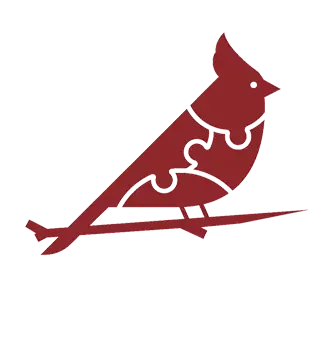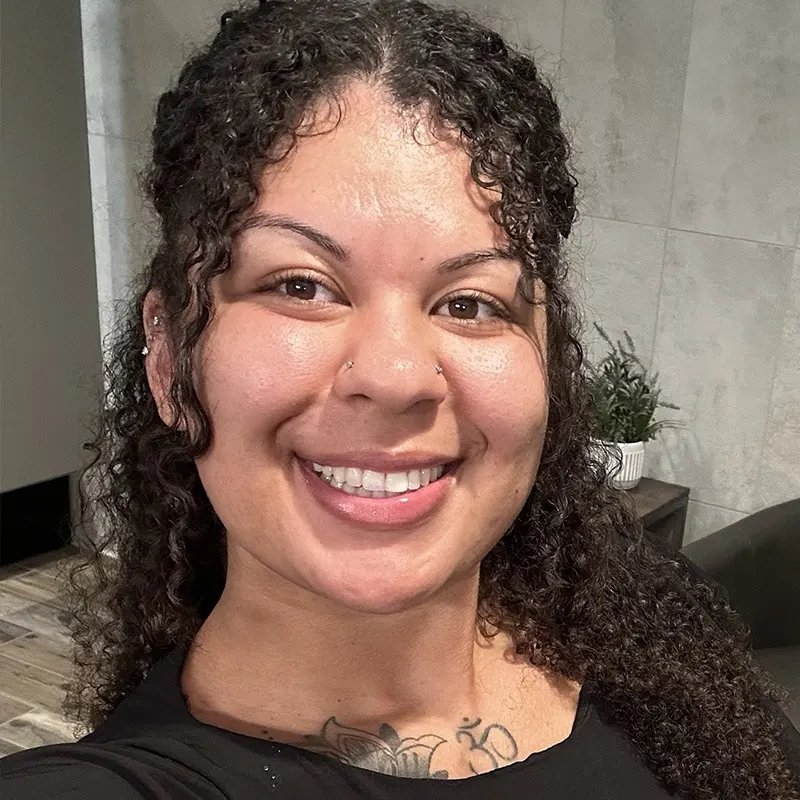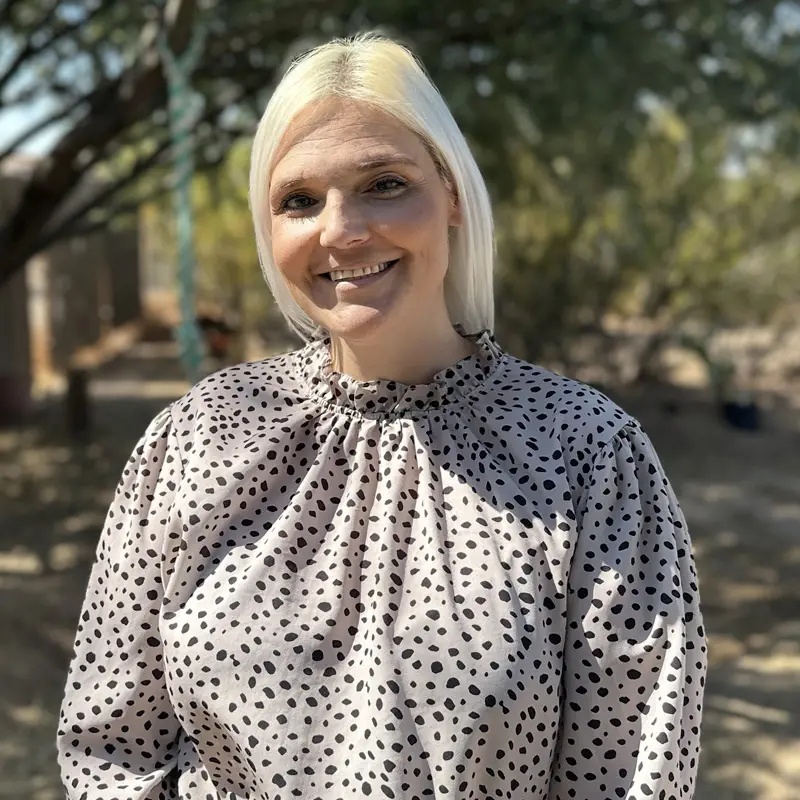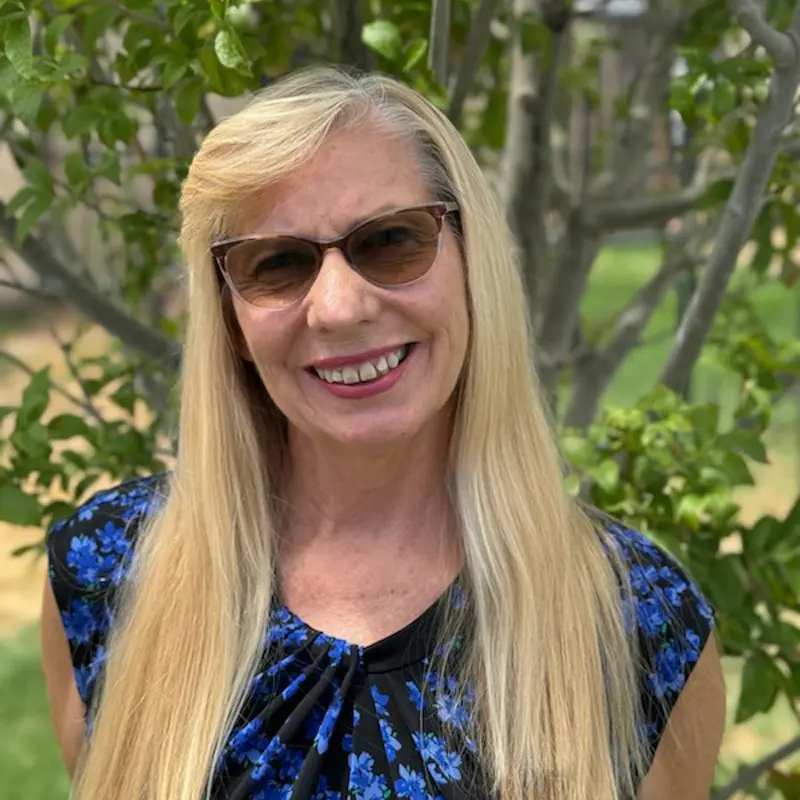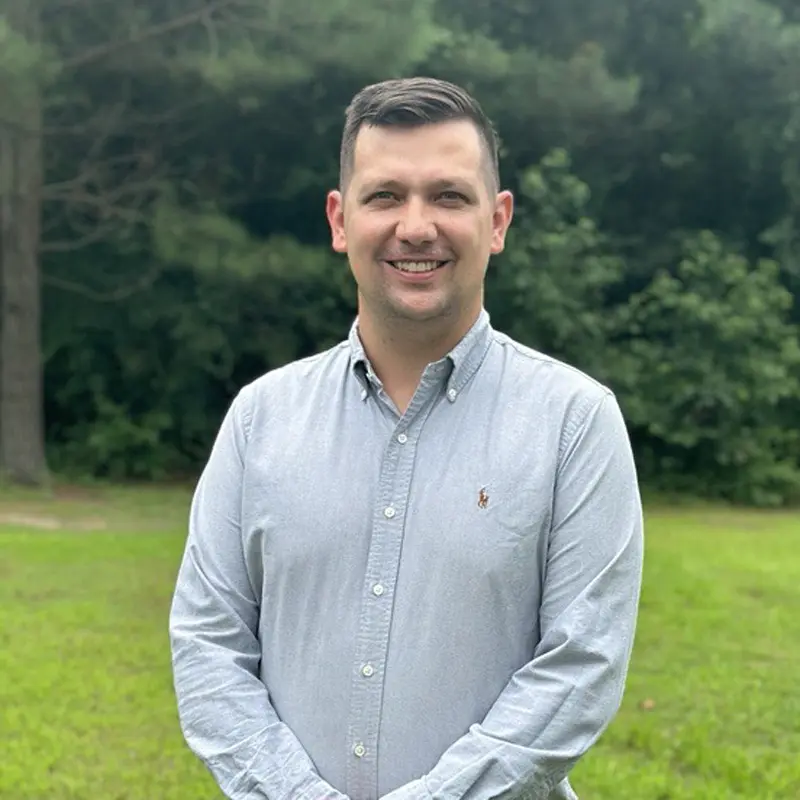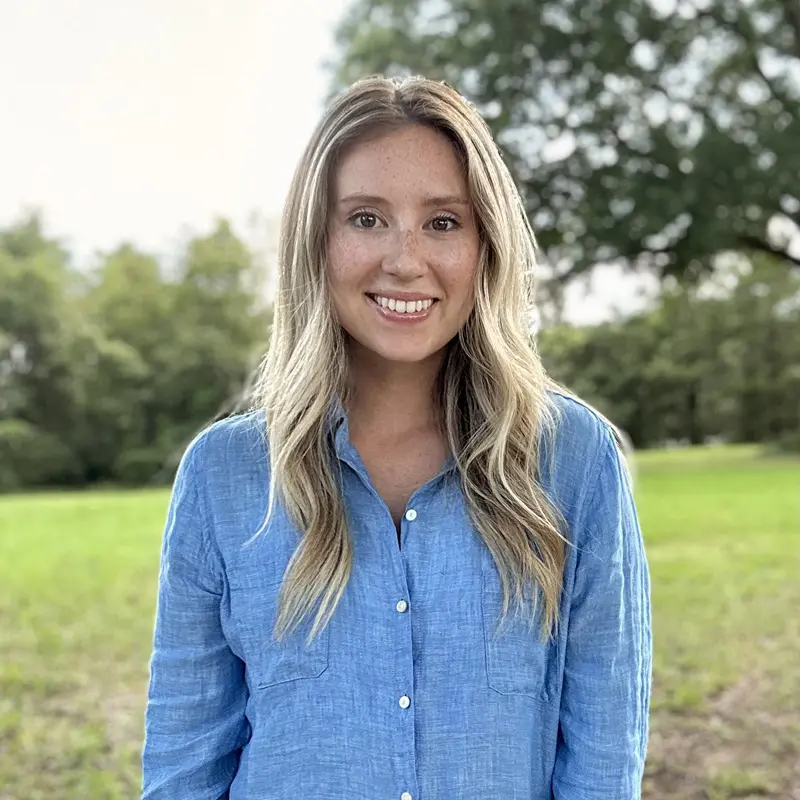Sleep is a vital part of every child’s development, but for many families raising children with autism, restful nights can be hard to come by.
Even when sleep routines are well-established, there may be times when those routines suddenly stop working. If your child was once sleeping through the night and is now struggling again, you may be dealing with what’s known as autism sleep regression.
At Cardinal Pediatric Therapies, we understand how stressful it can be to navigate sleep challenges, particularly when they impact your child’s behavior, learning, and overall well-being.
In this article, we’ll explain what autism sleep regression is, why it happens, and how evidence-based therapy can help restore healthy sleep habits for both your child and your family.
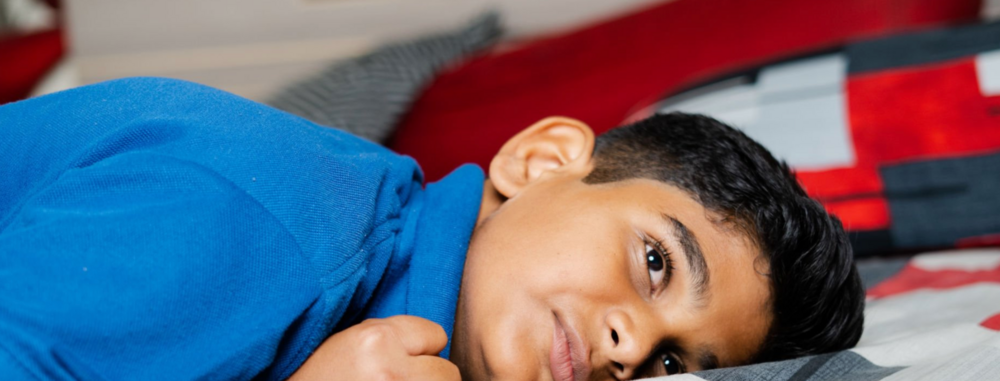
What Is Autism Sleep Regression?
Autism sleep regression refers to the return of sleep difficulties in a child on the autism spectrum after a period of restful or improved sleep.
While sleep regressions can occur in all children during developmental stages, the experience can be more intense, prolonged, and disruptive for children with autism.
Sleep regression may look like:
- Trouble falling asleep at night
- Waking up frequently after falling asleep
- Reduced total sleep hours
- Increased resistance to bedtime
- More anxiety or irritability during the day
These regressions may occur suddenly or develop over time. They are especially common during transitions, such as starting school, moving to a new home, or experiencing a change in routine.
Why Sleep Regression Happens in Children with Autism
Sleep problems are already common in children with autism. Research shows that up to 80% of children on the autism spectrum experience some form of sleep disturbance.
So, what makes autism sleep regression different?
1. Sensory Sensitivities
Children with autism often process sensory information in a different way. Sounds, textures, lights, or even changes in bedding can disrupt their sense of comfort and safety at night.
2. Changes in Routine
Children on the spectrum often rely on predictability to feel secure. A sudden shift, like school starting, a caregiver leaving, or daylight saving time, can trigger anxiety and difficulty sleeping.
3. Co-occurring Conditions
Many children with autism also experience challenges such as anxiety, ADHD, gastrointestinal issues, or epilepsy. These can contribute to poor sleep or cause regressions during otherwise stable periods.
4. Difficulty Understanding Transitions
Some children struggle to interpret bedtime cues or recognize when it’s time to sleep. Without strong associations, transitions from play to rest can become battles.
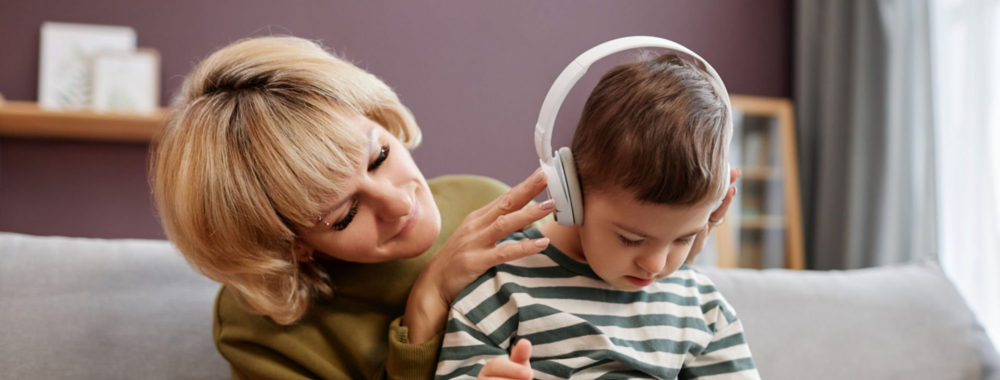
Signs of Autism Sleep Regression
Identifying sleep regression early can help you respond before it disrupts your household. Here are some signs to watch for:
- A sudden increase in night wakings
- Longer time to fall asleep
- Refusal to go to bed
- More frequent meltdowns, especially in the morning or evening
- Daytime sleepiness, poor focus, or mood swings
If these changes persist for more than two to three weeks, consider behavioral intervention or professional support.
How ABA Therapy Helps Improve Sleep
Applied Behavior Analysis (ABA) is a powerful tool for addressing sleep-related behavioral issues. Cardinal Pediatric Therapies’ ABA programs are tailored to each child’s needs, including support for healthy sleep routines.
Positive Reinforcement
Children are taught to associate bedtime routines with calm, rewarding outcomes. This helps reduce resistance and create a sense of safety around sleep.
Visual Schedules
Many children benefit from seeing the steps leading up to bedtime. Visual schedules promote consistency and help children understand what’s coming next.
Coping Tools
For children who experience anxiety at bedtime, ABA therapists can teach calming strategies like deep breathing, storytime routines, or comfort item use.
Gradual Desensitization
If certain sensory elements (such as pajamas or low light levels) trigger discomfort, therapists can help children adapt gradually through exposure and support.
What Parents Can Do at Home
You don’t have to wait for a professional to begin supporting your child through sleep challenges. These practical strategies can help reinforce progress and reduce sleep regression symptoms:
- Stick to a consistent bedtime and wake-up time, even on weekends
- Create a calming pre-bedtime routine (bath, book, soft music)
- Limit screen time at least one hour before bed
- Use blackout curtains or white noise to reduce sensory distractions
- Avoid sugary snacks or caffeine in the evening
- Introduce a visual schedule or checklist for bedtime steps
Most importantly, be patient. Children on the autism spectrum often need more time to adjust to changes. Stay consistent, even when it’s tough.

How Cardinal Pediatric Therapies Supports Sleep Challenges
At Cardinal, we specialize in helping children on the autism spectrum develop essential life skills, including effective sleep routines.
Our therapy services are available across Arizona and North Carolina, and we work closely with families to build consistency between therapy and home.
Here’s how we can help with autism sleep regression:
- In-home ABA therapy that incorporates your child’s unique sleep patterns and bedtime environment
- Parent coaching to teach you how to reinforce routines and manage bedtime resistance
- Classroom readiness support for children who need help managing transitions between activities
- Sensory strategies and sleep-friendly tools tailored to your child’s sensitivities
We also coordinate with pediatricians and other specialists to address co-occurring conditions or medical concerns in a holistic manner.
When to Seek Professional Help
While occasional sleep disruption is regular, consistent patterns of sleep regression should not be ignored. You should consider reaching out to a provider like Cardinal Pediatric Therapies if:
- Your child’s sleep issues have lasted more than 2–3 weeks
- Daytime behavior is worsening
- Sleep problems are causing stress for the whole family
- You’re unsure how to build or enforce a routine
- Your child has additional needs related to anxiety, sensory processing, or communication
We’re here to guide you with evidence-based care designed for long-term results.
Final Thoughts
Sleep is not just a break from the day; it’s essential for brain development, emotional balance, and learning. For children with autism, quality sleep can make the difference between daily struggles and meaningful progress. If your child is experiencing autism sleep regression, know that you’re not alone, and help is available.
At Cardinal Pediatric Therapies, we partner with families to overcome sleep challenges through compassionate, customized therapy. With the right plan, structure, and support, restful nights can become the new normal.
Frequently Asked Questions About Autism Sleep Regression
What is autism sleep regression?
Autism sleep regression refers to the recurrence of sleep challenges, such as trouble falling asleep, nighttime wakings, or bedtime resistance, after a period of restful sleep. It’s more common in children on the autism spectrum due to their sensitivity to routine changes, sensory input, and emotional regulation.
Is sleep regression more common in autistic children?
Yes. Children with autism are more likely to experience sleep problems overall, and regressions tend to be more intense or long-lasting compared to neurotypical peers. Transitions, anxiety, and changes in routine can easily disrupt previously stable sleep patterns.
What causes autism sleep regression?
Common causes include sensory sensitivities (e.g., noise, light, textures), disruptions to routines, anxiety, co-occurring conditions (such as ADHD or gastrointestinal issues), and emotional transitions, such as starting school or moving.
How can I tell if my child is experiencing sleep regression?
Signs include sudden changes in sleep habits, such as difficulty falling asleep, frequent nighttime waking, shorter sleep duration, increased meltdowns, or daytime fatigue. It may be a true regression if these patterns last more than 2–3 weeks.
How long does autism sleep regression last?
There’s no set timeline, but it can persist for weeks or even months without intervention. Consistent bedtime routines, environmental adjustments, and behavioral therapy can help shorten the regression period.
Can ABA therapy help with autism sleep regression?
Yes. ABA therapy can help improve bedtime behaviors, establish routines, reduce anxiety associated with sleep, and teach children how to self-regulate during nighttime awakenings. Cardinal Pediatric Therapies offers ABA-based strategies specifically for sleep challenges.
Should I let my autistic child cry it out?
In general, “cry it out” approaches are not recommended for children with autism, especially if they have communication difficulties or sensory sensitivities. A gentler, structured, positive reinforcement plan is often more effective and supportive.
When should I seek help for autism sleep regression?
If your child’s sleep issues last over a few weeks, lead to behavioral concerns during the day or cause significant family stress, it’s time to seek help. Cardinal Pediatric Therapies can offer guidance through in-home or in-clinic ABA therapy.

